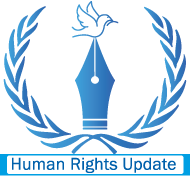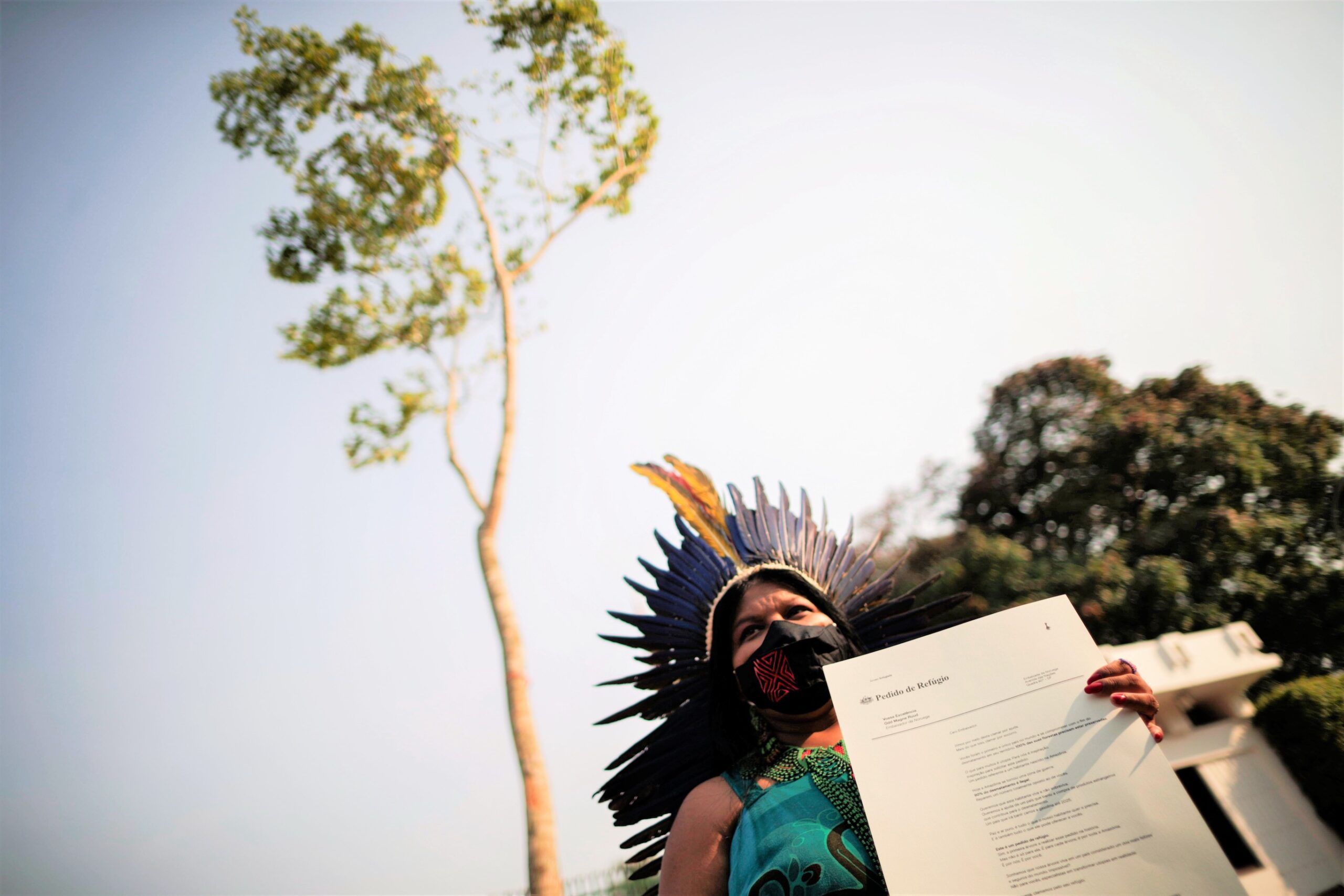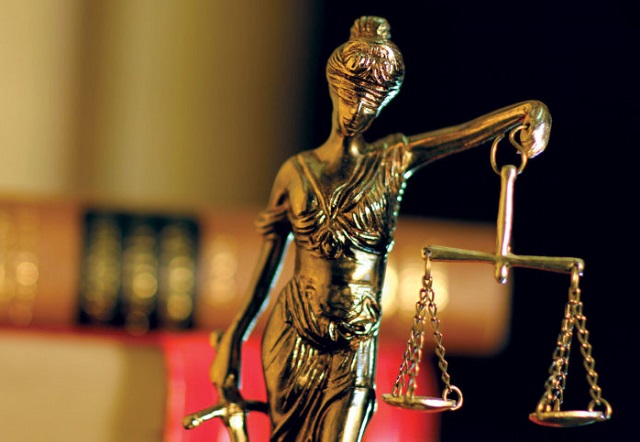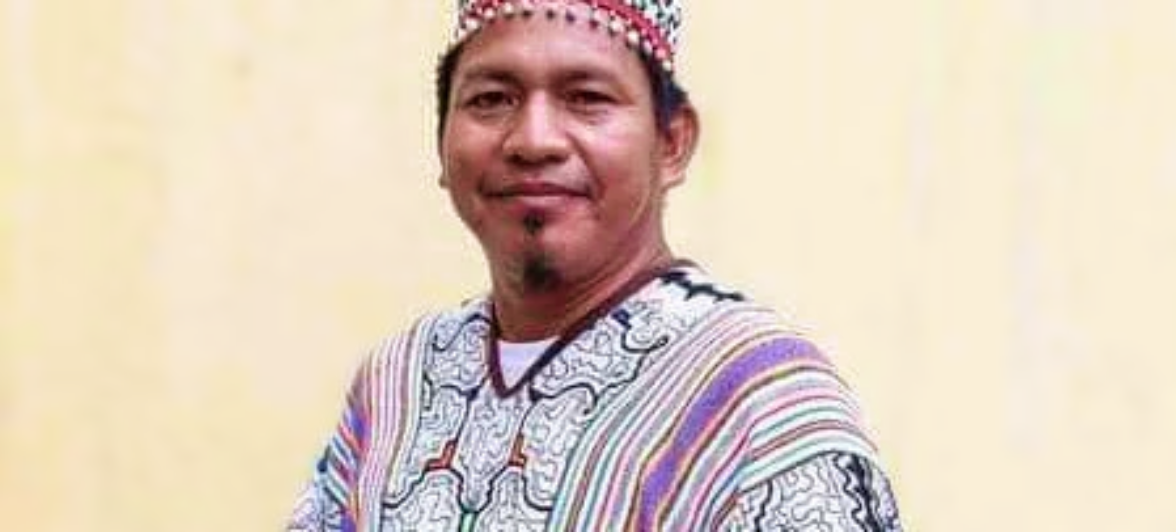In a plea to President Droupadi Murmu, Seema Haider, a Pakistani woman who crossed over to India with her four children, has submitted a mercy petition, seeking Indian citizenship. The case has raised significant human rights issues and concerns about the safety and protection of Seema and her family.
Seema’s lawyer, AP Singh, highlighted the case of Pakistani singer Adnan Sami, who was granted Indian citizenship after residing in the country for an extended period. The petition emphasized that Seema, too, should be granted citizenship on similar grounds, as she has been living in India and forming a life here with her Indian partner.
The petition further revealed that approximately 4,000 individuals from Pakistan, Afghanistan, and Bangladesh had received Indian citizenship in the past six years. This data demonstrates the existence of a considerable number of individuals facing similar circumstances and seeking refuge in India.
However, what is crucial to highlight in this case is the vulnerability of Seema and her family. Her illegal entry into India, coupled with the fact that she hails from Pakistan, a country with complex relations with India, raises concerns about her safety and well-being if she is forced to return. Seema herself has expressed deep fears, stating that she could face a potential threat to her life if she is sent back to Pakistan.
Seema’s plea for Indian citizenship is not merely a bureaucratic matter; it is a plea for protection under the umbrella of human rights. As an individual seeking refuge, she must be treated with compassion, understanding, and respect for her life and dignity. The principle of non-refoulement, an essential human rights principle, prohibits the return of an individual to a country where they may face persecution, torture, or threats to their life and freedom.
Furthermore, Seema’s willingness to cooperate with all investigative agencies, including her offer to undergo a lie detector test to dispel any suspicions of espionage, demonstrates her earnest desire to prove her innocence and sincere intentions to build a life in India. Such cooperation should be viewed as a positive gesture of integration rather than a reason to doubt her motives.
It is essential for the Indian authorities, particularly Prime Minister Narendra Modi and Uttar Pradesh Chief Minister Yogi Adityanath, to approach Seema’s case with utmost care and consideration for her safety. Granting her Indian citizenship could be a vital step in securing her and her children’s future and ensuring their protection from potential harm.
Human rights organizations and advocates must closely monitor Seema’s case to ensure that her human rights are respected and upheld throughout the process. The right to seek asylum and protection from persecution is a fundamental human right that should not be denied to anyone genuinely in need.
As the case unfolds, it is crucial to remember that at its core, this is a human rights issue, and the decision taken will have a profound impact on Seema’s life and the lives of her children. Let us stand in solidarity with Seema and her family and urge the Indian authorities to prioritize her safety and well-being while considering her request for Indian citizenship.






